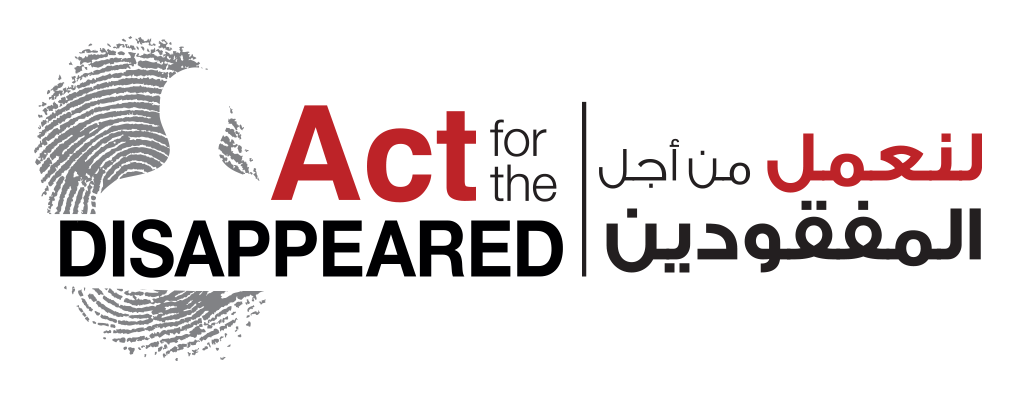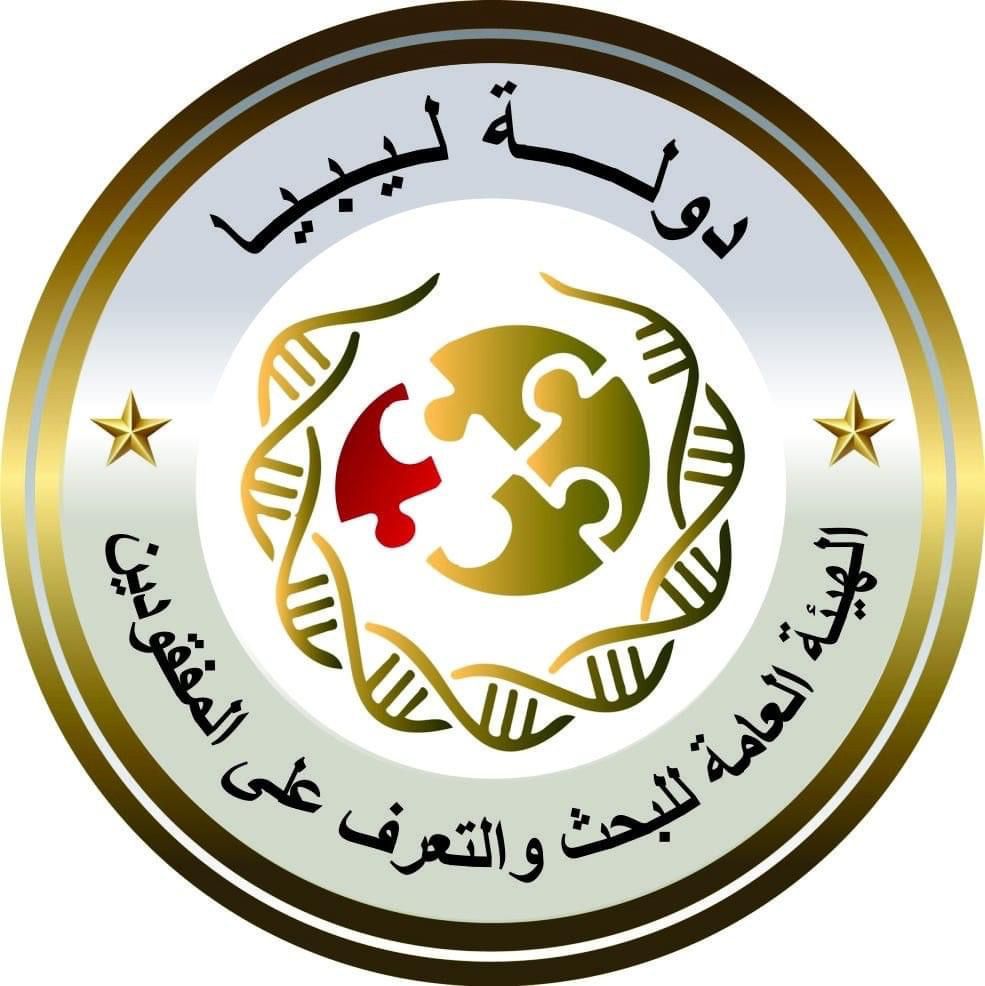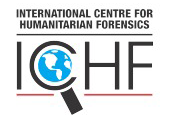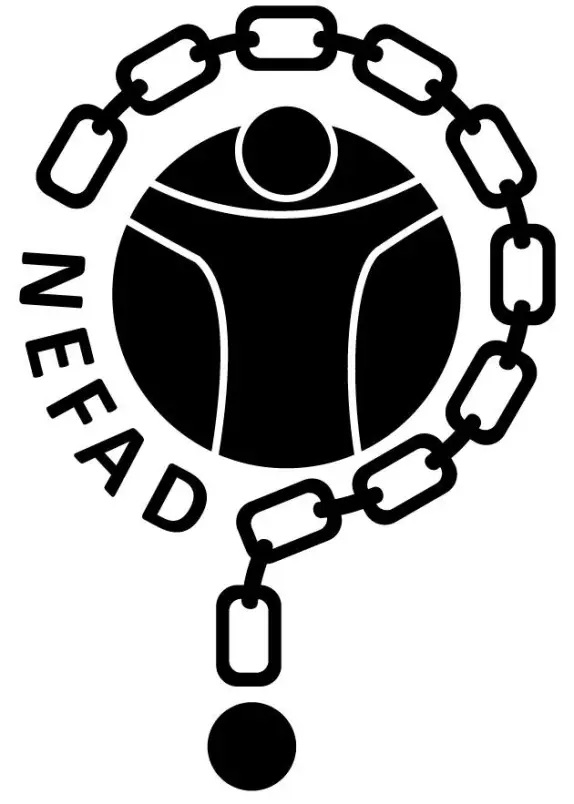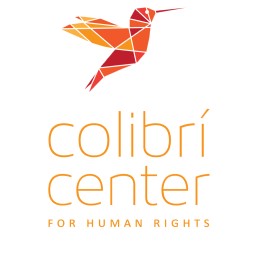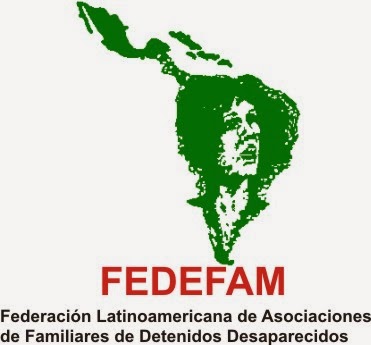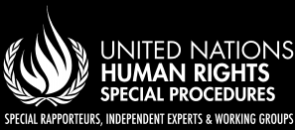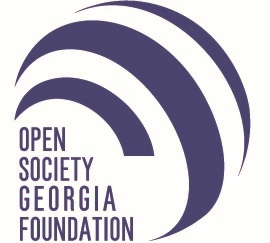
Association For The Recovery Of Historical Memory (ARMH)
The Association for the Recovery of Historical Memory began in October 2000, when a small group of people gathered at the site of one of the Spanish Civil War’s bloodiest civilian massacres.
There, in the remote village of Priaranza del Bierzo, in Spain’s northern region of León, their mission was to locate and exhume a mass grave containing the remains of 13 Republicans, known to history as the Priaranza 13. They had been executed by a group of the Falange, the pro-Franco fascist movement, on 16 October 1936.
The exhumation broke the silence surrounding the fate of thousands of civilians executed during the 1936-39 Civil War and the 1939-75 Franco regime. It is estimated that 200,000 men and women were killed in extrajudicial executions during the War, and another 20,000 Republicans murdered by the regime in the post-war years. Thousands more died as a result of bombings, and in prisons and concentration camps.
The United Nations and Spanish enforced disappearance
Since our inception, ARMH has worked to defend human rights. The legal advice we have sought has led to cases in the Spanish Supreme Court, Chile, Argentina and Guatemala.
In the spring of 2002, the United Nations Working Group on Enforced or Involuntary Disappearances called on the Spanish Government to comply with international law, calling on Spain to: undertake a proper exhumation of the bodies; return the remains to family members; arrange for their proper burial; and undertake a judicial investigation of the facts surrounding the disappearances.
The UN has also requested that Spanish courts not apply limitation periods to crimes against humanity. In 2009, the European Court of Human Rights ruled that, as a general principle, an amnesty law is incompatible with states’ duty to investigate acts of torture or barbarity.
(https://www.hrw.org/news/2010/03/19/spain-end-amnesty-franco-era-atrocities)
This paved the way for ARMH to start exhuming mass graves. We have also placed historical memory on the political agenda. In 2002, our work led to a motion by the national parliamentary Constitutional Committee condemning the Franco regime’s leading role in bringing about the Civil War.




